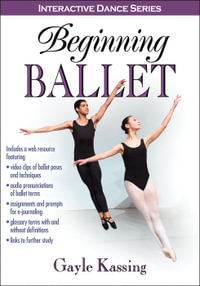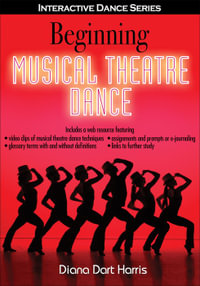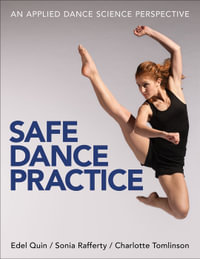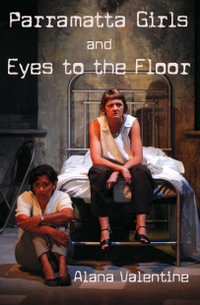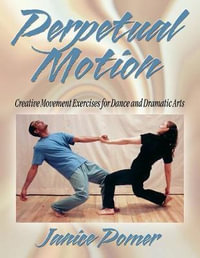Ungoverning Dance examines the work of progressive contemporary dance artists in continental Europe from the mid 1990s to 2015. Placing this within its historical and political context - that of neoliberalism and austerity - it argues that these artists have developed an ethico-aesthetic approach that uses dance practices as sites of resistance against dominant ideologies, and that their works attest to the persistence of alternative ways of thinking and living. In response to the way that the radical values informing their work are continually under attack from neoliberalism, these artists recognise that they in effect share common pool resources. Thus, while contemporary dance has been turned into a market, they nevertheless value the extent to which it functions as a commons. Work that does this, it argues, ungoverns dance.
Theoretically, the book begins with a discussion of dance in relation to neoliberalism and post-Fordism, and then develops an account of ethico-aesthetics in choreography drawing in particular on the work of Emmanuelle Levinas and its adaptation by Maurice Blanchot. It also explores ethics from the point of view of affect theory drawing on the work of Erin Manning and Brian Massumi. These philosophical ideas inform close readings of works from the 1990s and 2000s by two generations of European-based dance artists: that of Jerôme Bel, Jonathan Burrows, La Ribot, and Xavier Le Roy who began showing work in the 1990s; and that of artists who emerged in the 2000s including Fabian Barba, Faustin Linyekula, Ivana Muller, and Nikolina Pristas. Topics examined include dance and precarious life, choreographing friendship, re-performance, the virtual in dance, and a dancer's experience of the Egyptian revolution. Ungoverning Dance proposes new ways of understanding recent contemporary European dance works by making connections with their social, political, and theoretical contexts.
Industry Reviews
"By examining the work of recent dance and performance artists, primarily European, in relation to philosophical inquiries into ethics, labor, and the public, Burt sets the stage for much-needed debates around dance and social responsibility."--Susan Leigh Foster, Distinguished Professor, UCLA
"Ungoverning Dance is an elegant and insightful book that engages with dance at its limit. Oriented by an ethics of relationality, the book stages an encounter with what ungoverns dance, understanding ungoverning as the way dance pushes against the political. Exploring the interstitial force of the relational field opened by dance, Ramsey demonstrates how political moving can be."--Erin Manning, Research Chair, Relational Art and Philosophy, Concordia
University
"The book benefits from the author's extensive knowledge and viewing experience of European dance over the past twenty years. Burt has been an active player in the field, having contributed deeply to the debates both in his writings and his teaching, in public talks, interventions at festivals and talks with the artists themselves. The book thus is very well informed and provides insights into the artists' works and their thinking that would otherwise not be
accessible to the reader. It provides an overview of some of the most important contemporary philosophical discourses in relation to dance. Above all, it makes an irresistible and convincing claim for
the importance of dance as a critical tool." --Dance Research
"With his research interests cemented in dance aesthetics and history, Burt continues to offer readings that examine cultural constructions, sexual politics, and the gendered body...Summing Up: Recommended. Upper-division undergraduates through faculty and professionals." --G. King, Kent State University, Choice


